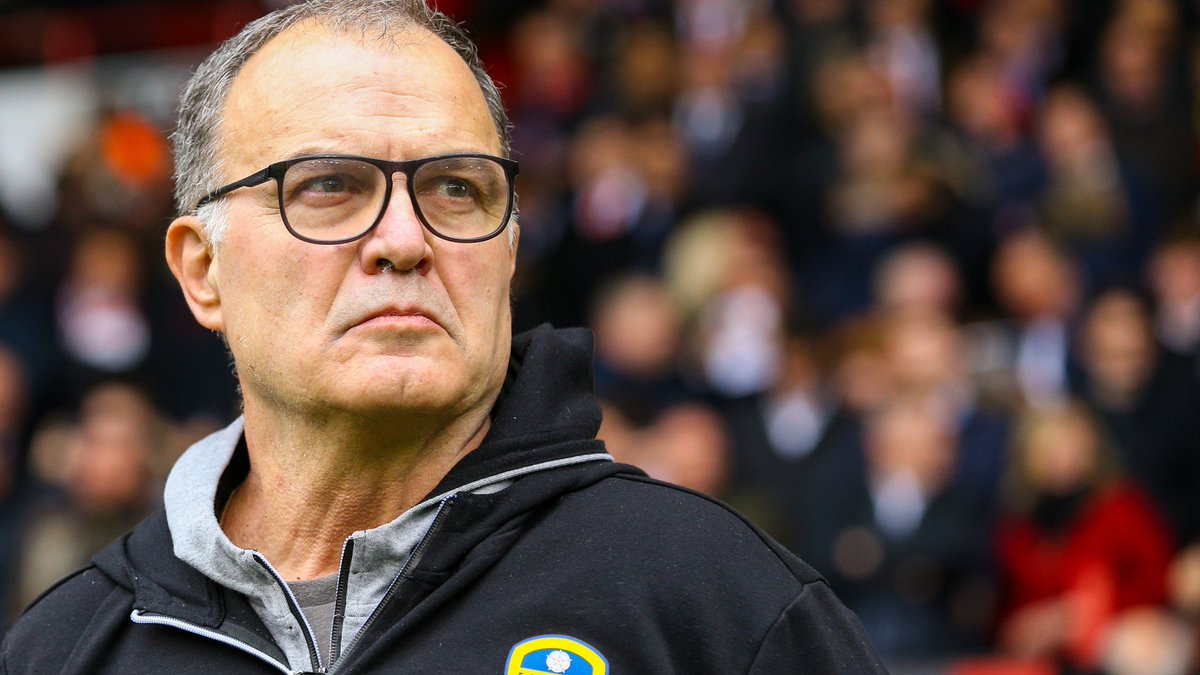Thread on style versus results:
This is a fascinating read from January 2020 knowing how everything played out for the richest club in the world.
The question which Barcelona has to grapple with is what game are they playing?
nytimes.com/2020/01/14/spo…
Tweet 1/11
This is a fascinating read from January 2020 knowing how everything played out for the richest club in the world.
The question which Barcelona has to grapple with is what game are they playing?
nytimes.com/2020/01/14/spo…
Tweet 1/11
It's obvious their belief is style above all else, but how far will a club go to maintain that?
Football would not be football if one didn't try to win so therefore what game is Barça playing?
2/11
Football would not be football if one didn't try to win so therefore what game is Barça playing?
2/11

You hear managers like Bielsa discuss the purpose of the game. He argues it's to entertain. I disagree. The purpose of the GAME is to win (and he knows this).
The goal of the game is indisputable, however, the means to achieve the goal is debatable.
3/11
The goal of the game is indisputable, however, the means to achieve the goal is debatable.
3/11

I believe the reason people feel so strongly about pragmatic styles is it undermines the most important aspect of games; the 'PLAY'.
Spend any time with a young child and you understand what is meant by 'play' or 'playfulness'.
4/11
Spend any time with a young child and you understand what is meant by 'play' or 'playfulness'.
4/11

Dutch football philosopher, Jan Tamboer, describes it as, "the freedom that one is on a discovery journey and open to unprecedented, new possibilities. Play is the search for the 'unusual', for the surprising, for the trying out what's all possible."
5/11
5/11

We play games because it allows participants to partake in the activity and nothing else. That is to say, there is no means beyond the game. This allows for playfulness in the activity, "search for the unusual, surprising,". Open to all possibilities with child-like wonder.
6/11
6/11

As spectators, we revel in watching participants of the game search and attempt what is considered impossible. We want to see how far their 'playfulness' will take what is possible. We want to be surprised. This is the spirit of the game.
7/11
7/11

So when spectators are presented with a 'pragmatic' style, that is, a style that fulfills the purpose of the game (win) but disregards the playful attitude of games, we pull back. We are not surprised or in awe. We do not see it as participants pushing boundaries.
8/11
8/11

So back to the original question; style vs. results
Style without results is purposeless. It's denying the proposed goal of the game therefore not playing the game.
Denying participants of playfulness, no matter the level, is also no longer playing the game.
9/11
Style without results is purposeless. It's denying the proposed goal of the game therefore not playing the game.
Denying participants of playfulness, no matter the level, is also no longer playing the game.
9/11

So I can only come to one conclusion, teams play to win the game and should do so in a way that stays faithful to the PLAY of the game, allowing for players to explore the possibilities and search for the unusual and surprising.
10/11
10/11

• • •
Missing some Tweet in this thread? You can try to
force a refresh












